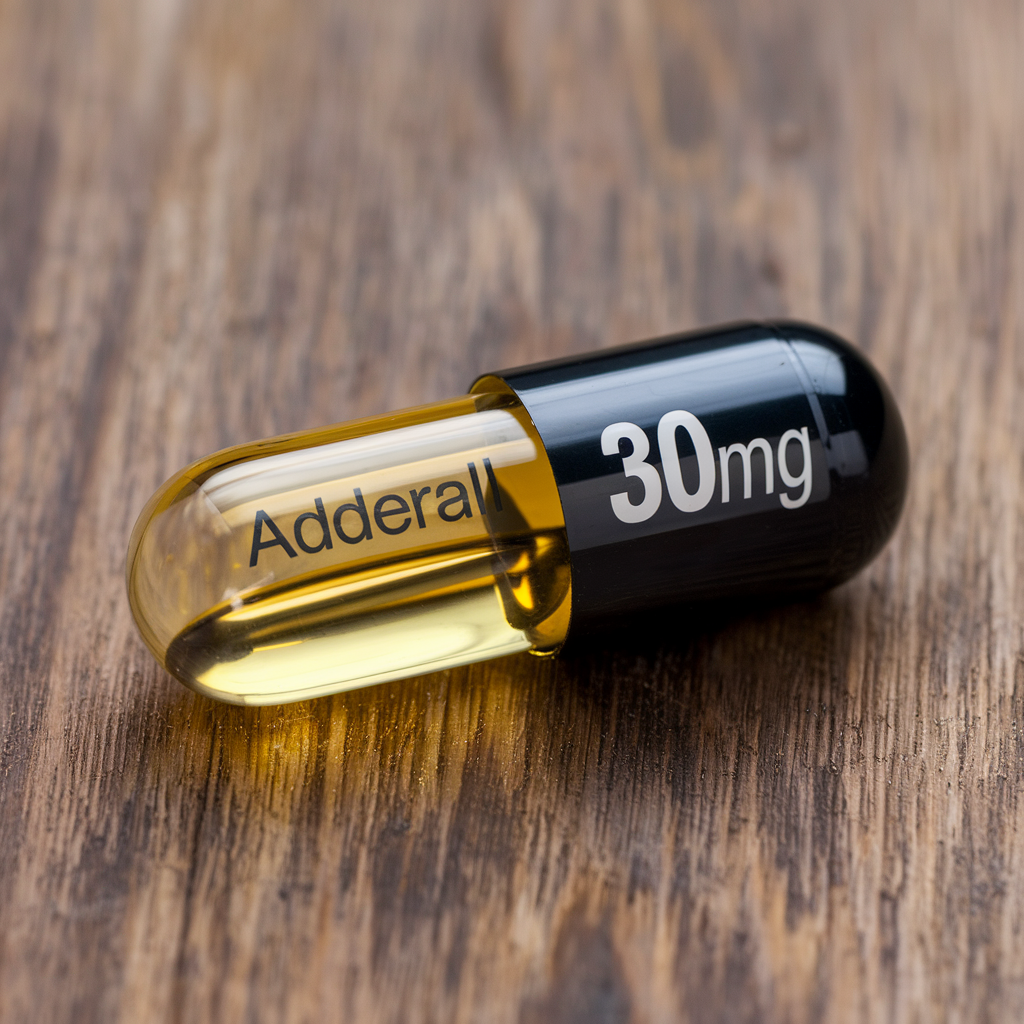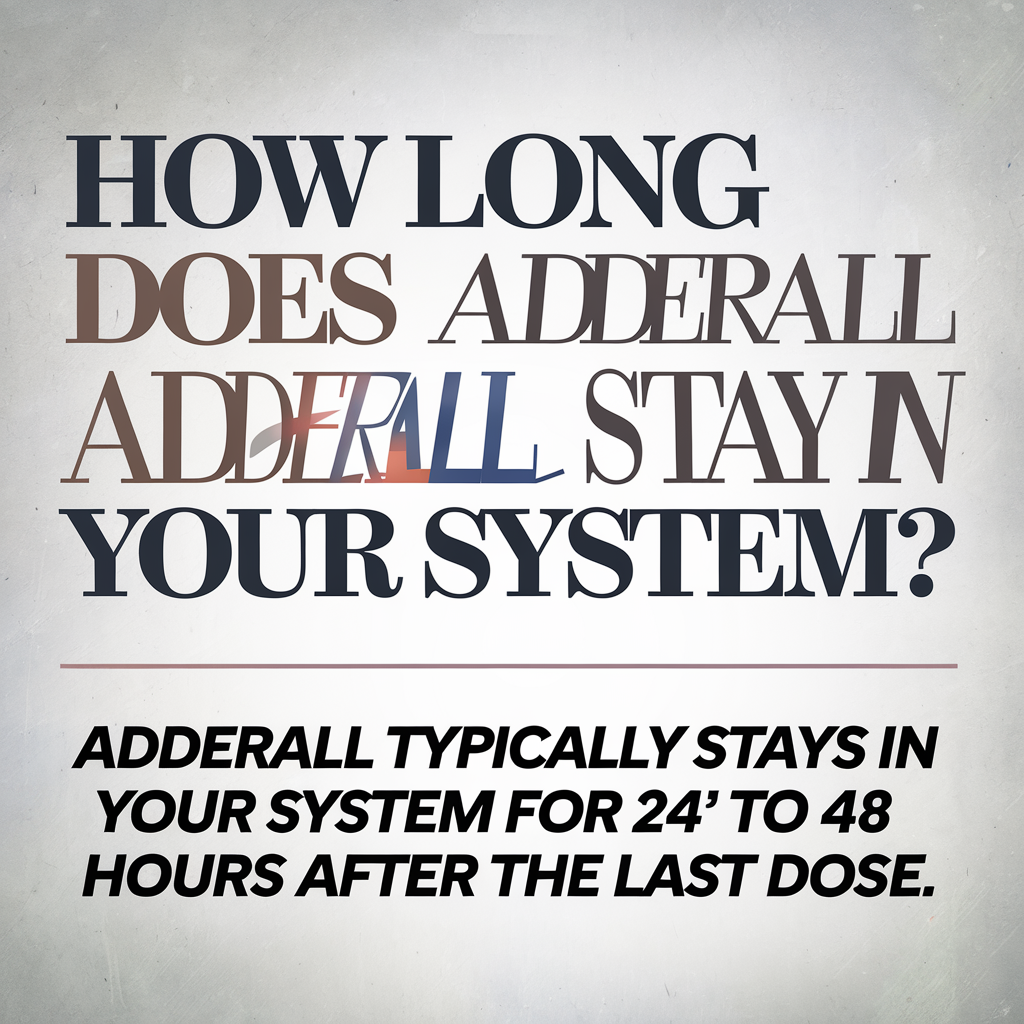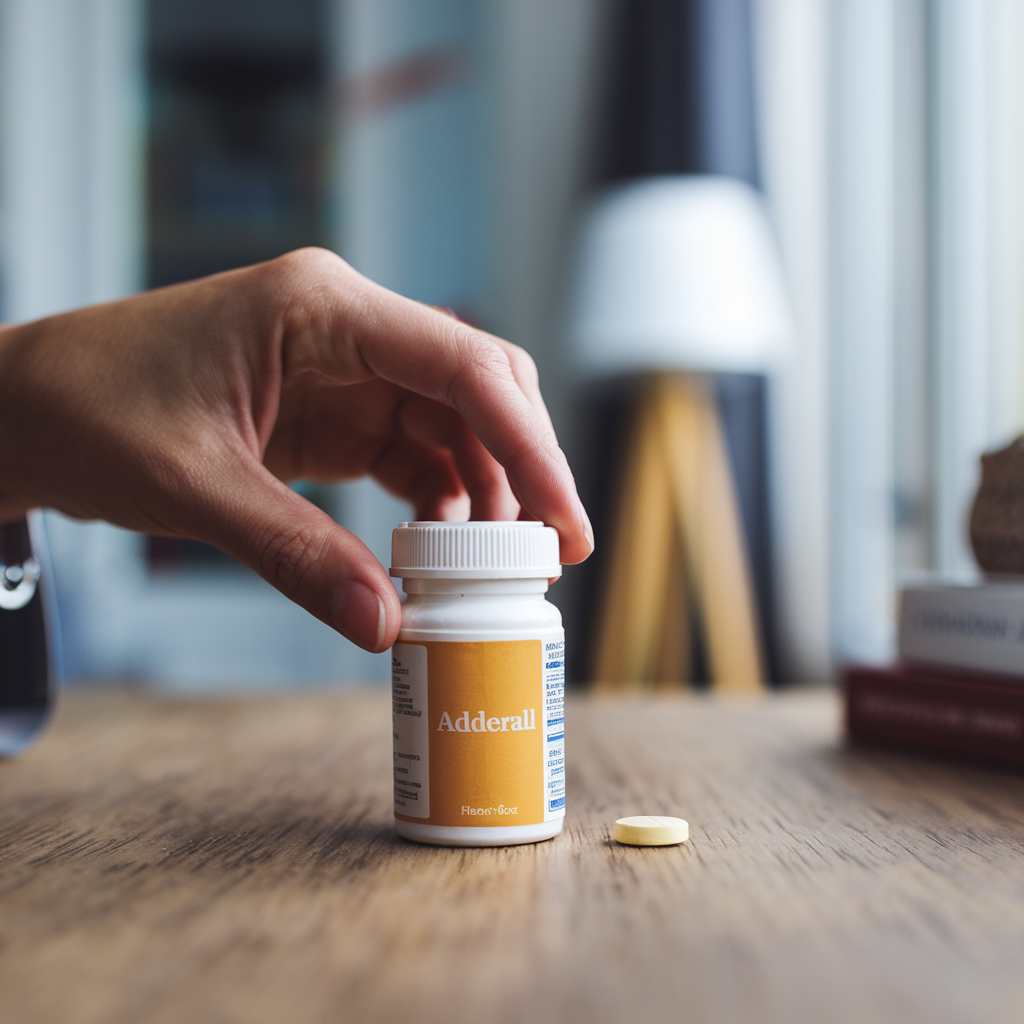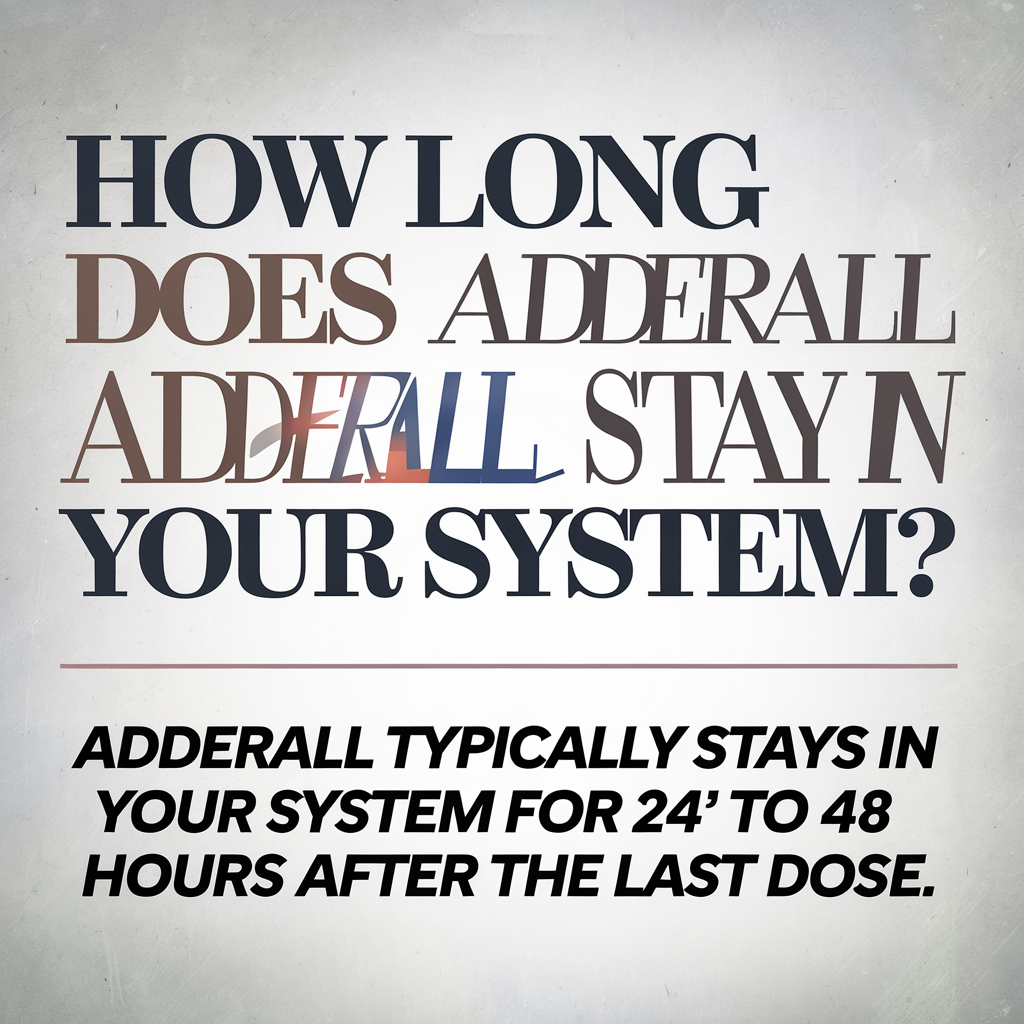Introduction
Adderall is a prescription medication that combines amphetamine and dextroamphetamine, commonly used to treat attention deficit hyperactivity disorder (ADHD) and narcolepsy. While effective in managing symptoms, understanding how long Adderall remains in the system is crucial for patients, caregivers, and anyone who may be subjected to drug testing. This article will explore the pharmacokinetics of Adderall, how long it stays in your system, its pros and cons, and considerations for its use.
What is Adderall?
Adderall is a central nervous system stimulant that affects certain chemicals in the brain and nerves that contribute to hyperactivity and impulse control. It is prescribed for individuals diagnosed with ADHD, helping improve focus, attention, and self-control.

If you want some information about a Touchless Car Wash then take a preview of our previous blog post.
Types of Adderall
Adderall comes in two formulations:
- Adderall (immediate-release): This version is typically taken multiple times a day and starts working within 30 minutes, with effects lasting about 4 to 6 hours.
- Adderall XR (extended-release): This formulation is designed to be taken once a day, providing a more prolonged effect that can last up to 12 hours.
How Adderall Works
Adderall works by increasing the levels of neurotransmitters like dopamine and norepinephrine in the brain. These chemicals play a crucial role in attention and focus. The immediate effects can include increased alertness, concentration, and motivation, making it beneficial for individuals with ADHD.
How Long Does Adderall Stay in Your System?
The duration Adderall stays in your system can vary based on several factors, including dosage, frequency of use, individual metabolism, and the formulation of the drug. Here’s a breakdown of how long Adderall can be detected in different biological samples:
1. Urine Tests
Adderall is most commonly tested for in urine, where it can be detected for approximately:
- 1-3 days after use for occasional users
- 3-7 days for regular users
- Up to 10 days for heavy users
2. Blood Tests
In blood tests, Adderall generally stays detectable for:
- 12 hours for immediate-release formulations
- 24 hours for extended-release formulations
3. Saliva Tests
In saliva tests, Adderall can be detected for about:
- 1-3 days after use
4. Hair Tests
Hair follicle tests can detect Adderall for the longest duration, typically:
- Up to 90 days after use
Factors Affecting Detection Time
Several factors influence how long Adderall remains detectable in your system:
- Metabolism: Individuals with faster metabolisms may process the drug more quickly.
- Age: Older adults may metabolize drugs more slowly, leading to longer detection times.
- Body Mass: Higher body fat percentages can influence how drugs are stored and metabolized.
- Hydration Levels: Increased fluid intake can affect urine concentration and may shorten detection times.
- Frequency of Use: Regular users may have higher levels of the drug stored in their system, extending detection times.

If you want some information about a Touchless Car Wash then take a preview of our previous blog post.
Pros of Adderall
Adderall can provide significant benefits for those diagnosed with ADHD or narcolepsy. Some of the pros include:
1. Improved Focus and Attention
One of the most significant advantages of Adderall is its ability to enhance concentration and focus, particularly for individuals with ADHD. Many users report being able to complete tasks more effectively and efficiently.
2. Increased Motivation
Adderall can increase motivation levels, helping individuals tackle responsibilities and activities they may find challenging when not medicated.
3. Better Impulse Control
Individuals taking Adderall often experience improved self-control and a reduction in impulsive behaviors, which can lead to better decision-making.
4. Enhanced Academic and Work Performance
For students and professionals, the benefits of improved focus and motivation can lead to better performance in academic and work settings.
5. Short Onset of Action
Adderall’s relatively quick onset (about 30 minutes for immediate-release) allows users to feel its effects shortly after taking it, making it suitable for those who need immediate relief from symptoms.
Cons of Adderall
While Adderall can be beneficial, it also comes with potential drawbacks and risks. Here are some cons to consider:
1. Side Effects
Common side effects of Adderall include:
- Insomnia
- Dry mouth
- Loss of appetite
- Anxiety
- Increased heart rate
In some cases, individuals may experience more severe side effects, such as high blood pressure, heart palpitations, or mood swings.
2. Potential for Misuse and Dependence
Due to its stimulant nature, Adderall has the potential for misuse and addiction. Some individuals may misuse the drug to enhance academic or athletic performance, leading to dangerous health consequences.
3. Withdrawal Symptoms
When discontinuing Adderall, some individuals may experience withdrawal symptoms, including fatigue, depression, and increased appetite. This can make it challenging for individuals to stop taking the medication.
4. Not Suitable for Everyone
Adderall is not suitable for individuals with certain pre-existing conditions, such as heart problems, hypertension, or a history of substance abuse. It’s essential to consult a healthcare professional before starting treatment.
5. Long-term Effects
The long-term effects of taking Adderall are still being studied. While it can be beneficial for many, long-term use may lead to tolerance or changes in brain chemistry that could impact mental health.

If you want some information about a Touchless Car Wash then take a preview of our previous blog post.
Important Considerations
1. Consultation with a Healthcare Provider
Before starting Adderall or any medication, it is vital to consult with a healthcare provider. They can help determine whether it is the right choice based on individual health needs and conditions.
2. Regular Monitoring
For those prescribed Adderall, regular monitoring by a healthcare provider is essential to assess its effectiveness and make any necessary adjustments. This may include tracking symptoms, side effects, and overall health.
3. Lifestyle Considerations
In addition to medication, lifestyle changes such as a balanced diet, regular exercise, and sufficient sleep can enhance the effectiveness of Adderall and improve overall well-being.
4. Avoiding Substance Interactions
Certain medications, substances, or even foods can interact with Adderall, potentially leading to adverse effects. Always inform your healthcare provider about all medications and supplements you are taking.
5. Planning for Drug Testing
For individuals taking Adderall, it is crucial to inform employers or testing agencies of the prescription prior to drug testing. Providing documentation from a healthcare provider can help clarify the presence of the drug in the system.
Conclusion
Adderall can be a highly effective medication for managing ADHD and narcolepsy, offering significant benefits in focus, motivation, and impulse control. However, understanding how long it stays in your system and the potential pros and cons is essential for safe and effective use.
While it can lead to improved quality of life for many individuals, it also carries risks of side effects, dependence, and misuse. Careful consideration, regular monitoring, and open communication with healthcare providers are key to ensuring the safe use of Adderall.
In an era where mental health and wellness are prioritized, the responsible use of medications like Adderall can play an essential role in helping individuals achieve their goals and manage their symptoms effectively. If you or someone you know is considering Adderall, it’s crucial to weigh the benefits against the potential risks and make an informed decision in consultation with a healthcare professional.


